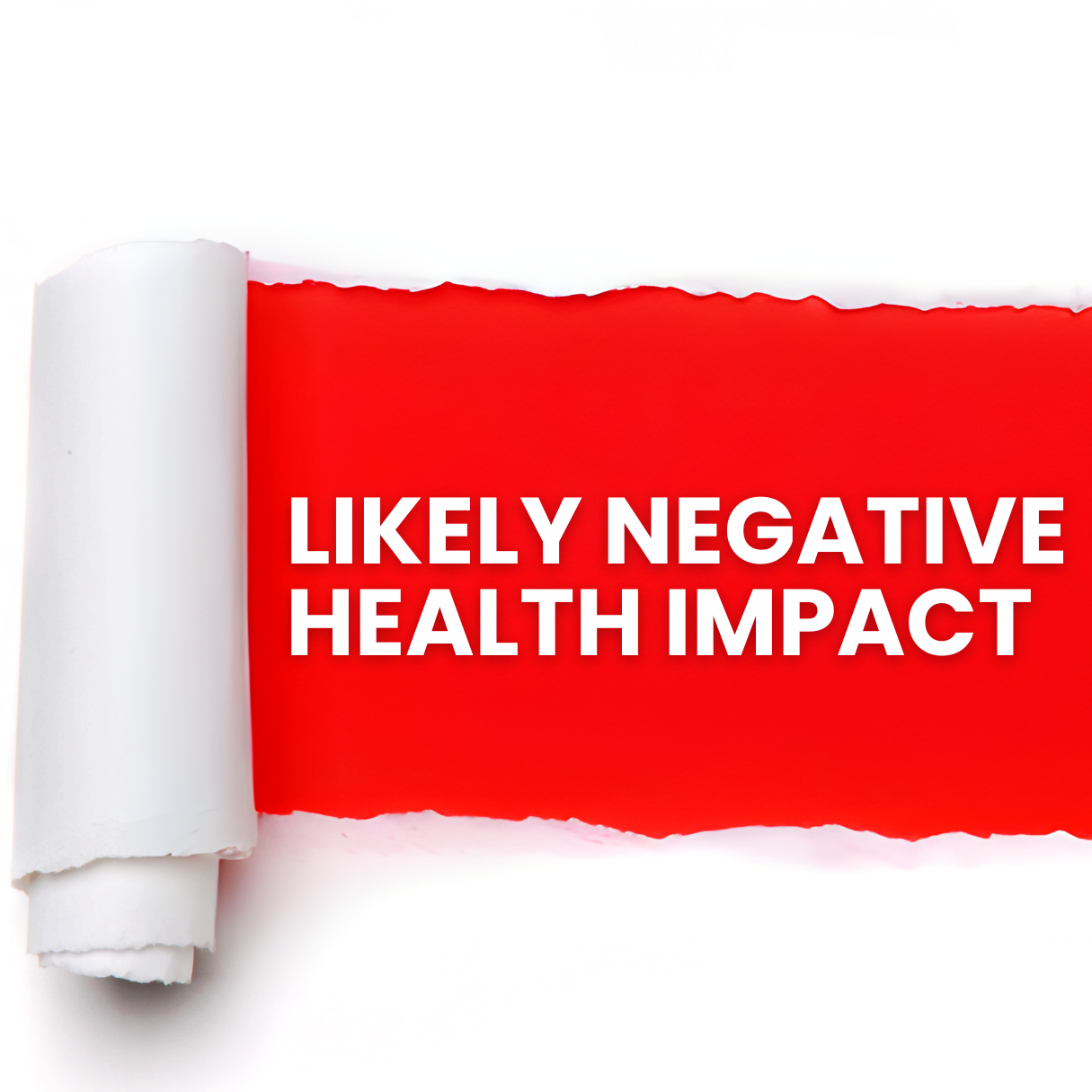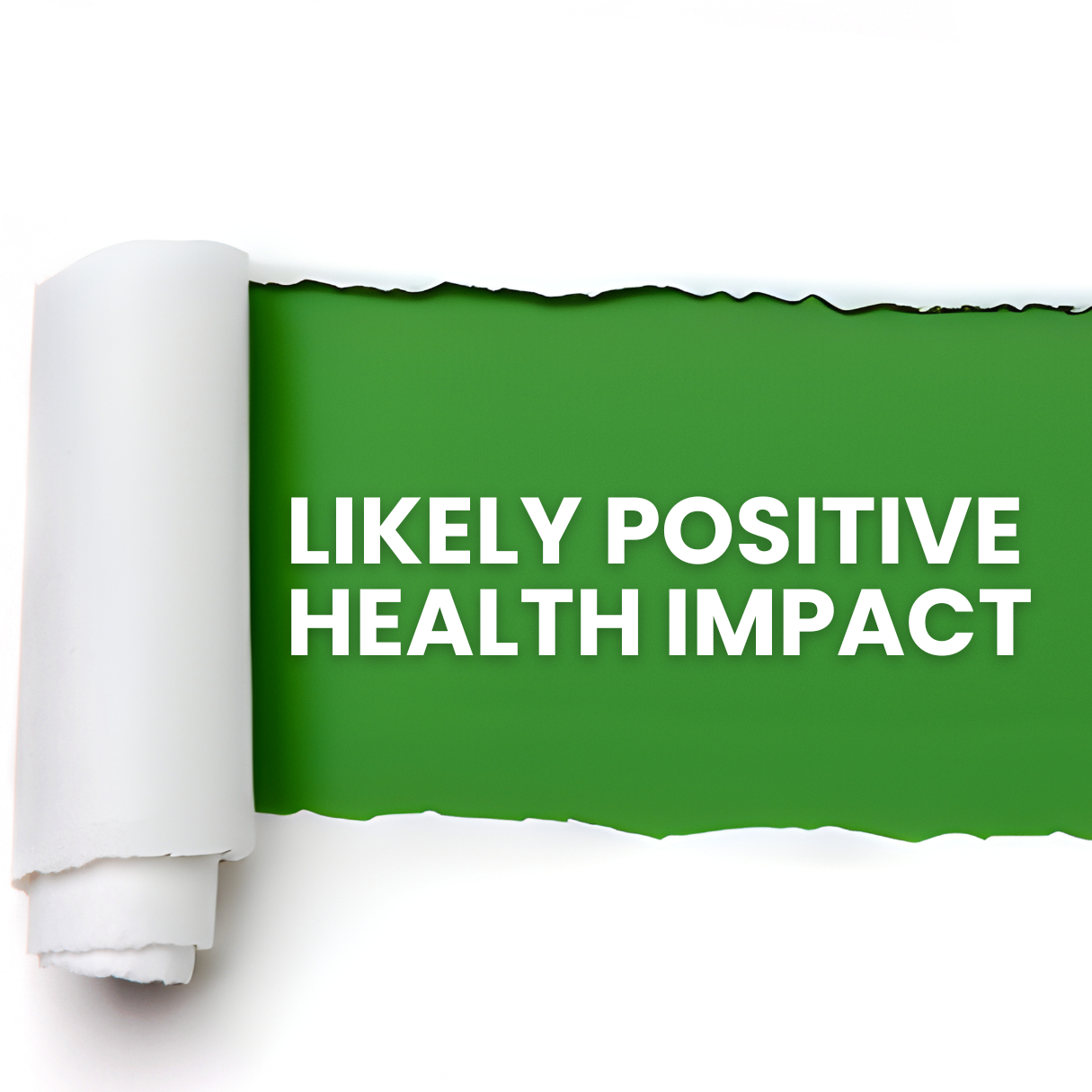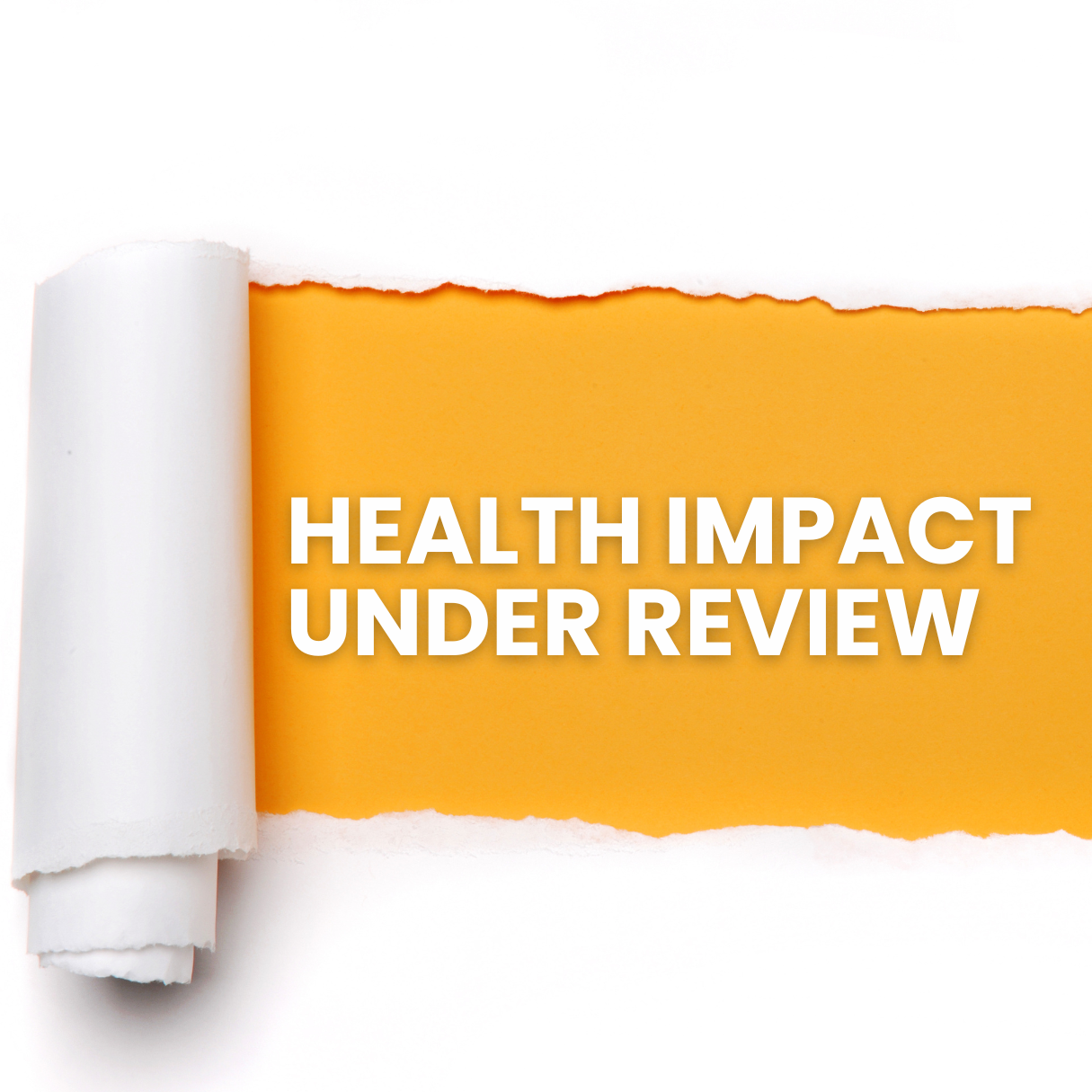2026 Kentucky Legislative Session
This webpage is not a comprehensive list of every bill that could affect health in Kentucky. Health is connected to everything including our schools, jobs, homes, and the systems that shape daily life. So while nearly every bill introduced in the legislature can influence health, this webpage focuses on the measures most directly tied to our ongoing advocacy efforts and initiatives.
Last updated on 02/11/2026.
We strive to keep this page updated as developments occur. However, delays may happen and we appreciate your patience as information evolves.
FHKY Legislative Initiatives
These are efforts we are most directly engaged with during this year’s session.
Senate Resolution 9 : Health Care Delivery Models
This resolution would establish a feasibility study for an Accountable Communities for Health Medicaid delivery model pilot project. Accountable Communities for Health (ACHs) are local partnerships that unite healthcare providers, schools, public health agencies, employers, and community organizations to improve outcomes and advance equity across entire regions. If an ACH delivery model is implemented as a result of this feasibility study, Kentucky could see a 20% improvement in both patient and provider satisfaction, as well overall population health by 2030.
This resolution would also address Kentucky’s Medicaid Oversight and Advisory Board’s (MOAB) recent findings and recommendations. The Board found that Kentucky’s Medicaid delivery model has not produced corresponding improvements in health outcomes despite substantial and unsustainable budget growth. SCR 9 directly responds to these concerns by establishing a formal, evidenced-based evaluation of whether Kentucky’s current Medicaid delivery model is achieving its intended goals and to assess viable alternatives. This resolution does not propose cuts, rollbacks, or eligibility changes. It simply asks the question: is there a better way to deliver health care to Medicaid recipients that ensures the dollars are improving their health, reducing disparities, and supporting communities—especially rural ones?
Download our 1-pager on SCR 9.
Health Data Transparency
FHKY is advocating for Kentucky to improve access to comprehensive health data so the state can better understand what is driving health care costs and which investments are improving outcomes. With this information, we can reduce waste, target resources more effectively, and support strategies that improve health outcomes while lowering costs. It’s a smart investment in transparency and accountability that helps ensure taxpayer dollars are used wisely, and benefits all Kentuckians. Read more here.
Bills That Are Moving
-

House Bill 103: Water Fluoridation Programs
HB 103 would make water fluoridation programs optional, potentially leading to increased health care costs and disparities in oral health outcomes. Adding fluoride to community water supplies has significantly reduced the incidence of cavities, particularly among children and vulnerable populations who lack access to regular dental care. The pain from untreated cavities can cause people to lose sleep, and have trouble eating, speaking and paying attention at school or work.
-

House Bill 194: Cigar Bars
HB 194 would prohibit local governments from enforcing existing laws or passing new ordinances regulating indoor cigar and pipe smoking in cigar bars. This would severely weaken public health protections that 44 communities in KY have enacted and prevent others from putting these protections in place. Secondhand smoke has been proven to cause heart disease, stroke, cancer, and other health problems, and ventilation systems cannot remove its harmful toxins. HB 194 would endanger the health of many, especially our workforce.
-

House Bill 187 & Senate Bill 74: JUUL Settlement Fund
HB 187 would direct funds awarded to Kentucky as part of the JUUL settlement to be allocated toward youth tobacco and nicotine prevention and cessation programming. SB 74 is the companion bill in the Senate. This would help keep young people from becoming addicted to these harmful products, reduce healthcare costs associated with their use, and generally improve the health of our next generation.
-

Senate Bill 72: Health Care Professionals’ Conscience
SB 72 would allow health care providers and/or institutions to refuse care based on personal reasons of their conscience. This would reduce access to care and risk worsening health disparities. Patient well-being should be the priority. Policies that allow providers or health institutions to withhold care put lives at risk and make it harder for all Kentuckians to live healthy, fulfilling lives.
-

House Bill 176: Prior Authorizations
There are many barriers that exist at the insurance level that prevent many Kentuckians from accessing quality health care. HB 176 aims to streamline health care delivery by prohibiting insurers from requiring prior authorization for services by selected providers. This could reduce administrative and cost-related barriers that delay and/or prevent care.
-

House Bill 500: Budget Bill
In its introductory form on 1/27/26, HB 500 severely cuts or freezes many parts of the state budget and underfunds essential public services like education and Medicaid, which would have negative impacts on the health of Kentuckians. The bill will evolve over the session, and we will continue to monitor its potential health impacts.
-

Senate Joint Resolution 23: Food is Medicine
SJR 23 would declare Kentucky a Food is Medicine state and direct state agencies to advance Food is Medicine initiatives. Along with the benefits healthy foods can provide for people’s overall health- there are many chronic conditions that can be better managed with improved access to nutritious options.
-

Senate Bill 12: Level IV Trauma Centers
SB 12 would allow Level IV verified trauma centers to utilize physician assistants and advanced practice registered nurses who are supervised by physicians to cover emergency departments. This would expand access to timely care, particularly in rural communities and areas dealing with physician shortages. Reducing wait times to be seen by a trained health professional also helps improve patient outcomes.
-

House Bill 169: Eating Disorders
HB 169 calls on health plans to provide coverage for the diagnosis and treatment of feeding or eating disorders. This would improve access to care for one of the most common chronic conditions among adolescents and young adults.
General Policy Positions
-
Vaccination is one of the safest, most effective tools we have to prevent disease. When people get vaccinated, they protect themselves and reduce the spread of dangerous illnesses in their communities. We oppose policies that undermine trust in vaccines or restrict access to them. Kentucky should be working to strengthen confidence in vaccines and expand access—not weaken it.
-
Federal cuts to Medicaid enacted via HR1 will have serious consequences for the health and stability of Kentuckians. These changes shift greater responsibility to states to decide how limited resources are allocated. We urge Kentucky to use every available tool to protect access to coverage. Medicaid is a critical component of Kentucky’s health system. Even if you receive insurance through your employer, Medicaid helps keep care more affordable, strengthens provider networks, and ensures that communities across the state have access to the services they need.
-
Adding fluoride to community water supplies has significantly reduced the incidence of cavities, particularly among children and vulnerable populations who lack access to regular dental care. The pain from untreated cavities can cause people to lose sleep, and have trouble eating, speaking and paying attention at school or work. We oppose policies that would make water fluoridation programs optional, potentially leading to increased health care costs and disparities in oral health outcomes.
-
LGBTQ+ youth face unique challenges that can adversely affect their health and well-being. Studies have shown that these young individuals are at a higher risk for mental health issues, including depression and suicidal ideation, often due to discrimination, stigma, and lack of support. By advocating for inclusive and affirming policies, we aim to create safe and supportive environments where LGBTQ+ youth can thrive. This includes policies that promote the use of preferred pronouns and policies that ban conversion therapy, among many others. All young people in Kentucky deserve the opportunity to develop to their full potential.
-
We support policies that improve access to healthy foods for all Kentuckians & especially kids. We hope to see our state make healthy food accessible and affordable by increasing enrollment in the Supplemental Nutrition Assistance Program (SNAP); increasing school meal participation and nutritious foods served in schools; and increasing state funding that would create opportunities to start new efforts and to expand current food access programs like Kentucky Double Dollars, Farm to School, and Fresh RX for MOMs. We oppose efforts that would make it harder for Kentuckians to get and keep food assistance.
-
Where you live, the education you receive, your income, and your community shape your health and well-being. DEI policies help ensure that all Kentuckians have access to the chances and resources needed to live a long, healthy life. When everyone has access to opportunities, education, and healthcare, the entire community becomes healthier, more productive, and financially stable. This makes it a better place to live, work, and grow for everyone – fostering better health for the whole community.
We oppose policies that aim to restrict or roll-back DEI initiatives.
At the Foundation for a Healthy Kentucky, we support policies that:
Improve Kentuckians’ access to comprehensive, high-quality and affordable health care.
Allow all children and youth in Kentucky to be healthy, safe and engaged, with opportunities to develop to their full potential.
Remove obstacles to health, such as poverty, discrimination, and their consequences, including powerlessness, injustice, and lack of access to good jobs with fair pay, quality education and housing, safe environments, and health care.
We oppose policies that make it more difficult for people to have a healthy life. This includes policies that allow for discriminatory practices, that weaken our social safety net, and that undermine public health protections and best practices.
